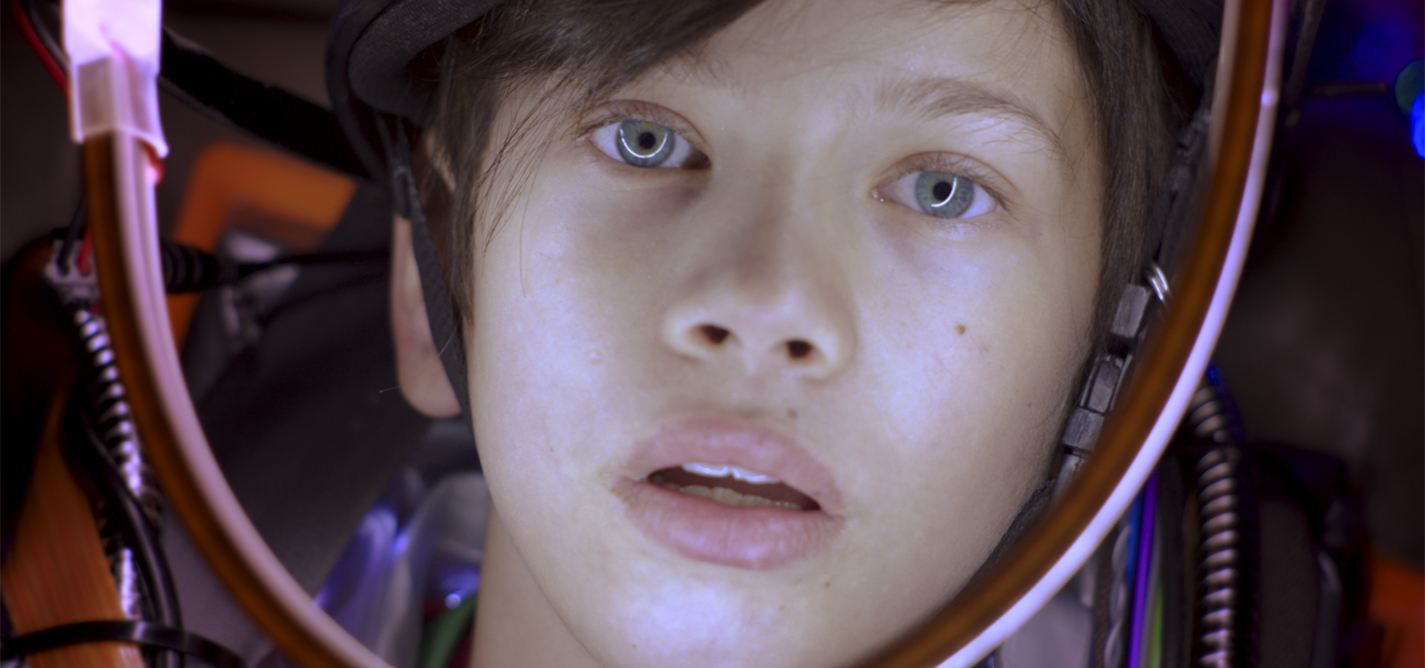
Beyond the national
Revisiting films from the diaspora.
Throughout the past years, Kosovo’s diaspora has begun to use the theme of their exiled and diaspora condition through filmmaking.
Aware that national identity is constructed, Gjinovci reconciles her identity struggles by catalyzing her position of being both or neither into her filmmaking.

Edona Kryeziu
Edona Kryeziu was a journalist covering Arts & Culture at K2.0. She holds a Bachelor of Arts from Maastricht University, the Netherlands, and a Masters Degree in Migration & Diaspora Studies (Visual Anthropology) from SOAS London University, UK.
This story was originally written in English.